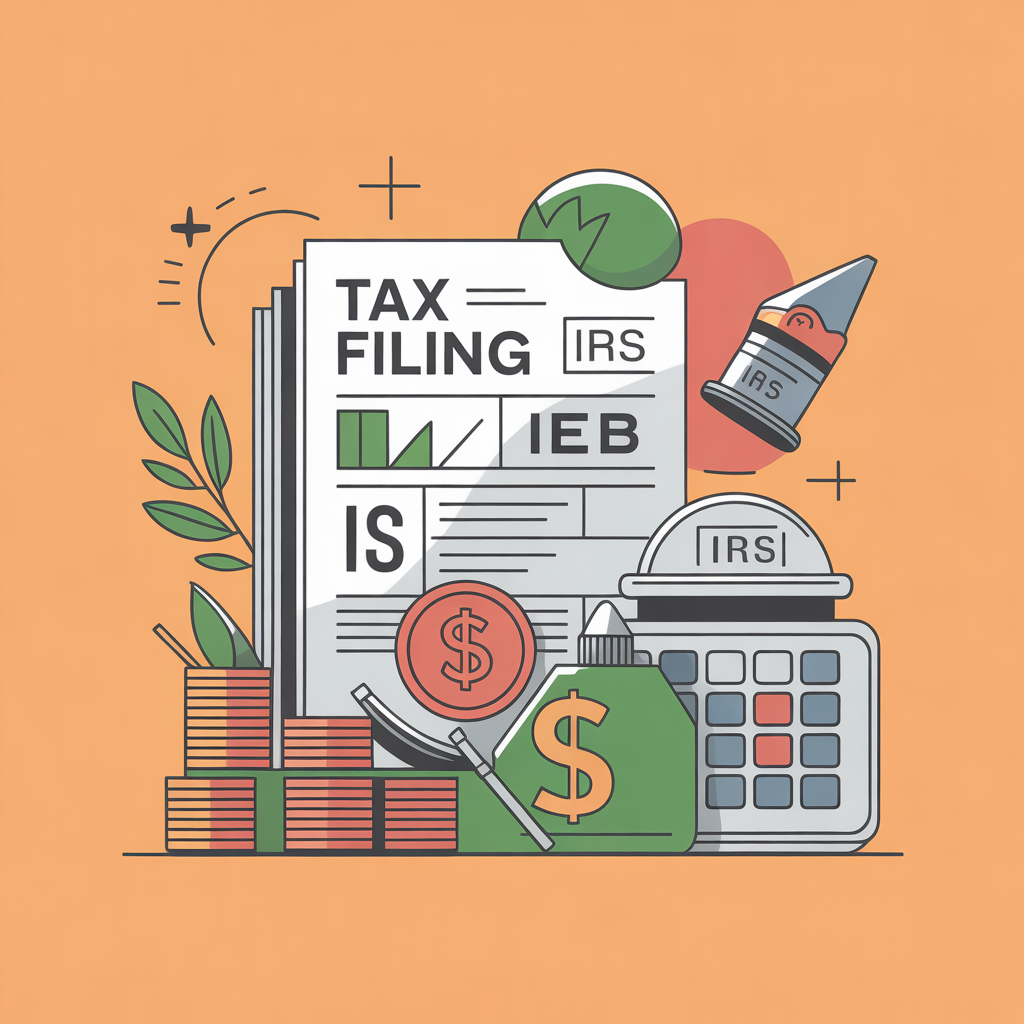Crypto currency has become more than just a buzzword — it’s a fast-growing asset class attracting everyone from casual investors to full-time traders. But when tax time rolls around, many people are surprised (and often overwhelmed) by the tax rules surrounding crypto. If you own or trade digital assets, it’s crucial to understand how to report them correctly — not just during tax season, but all year long.
In this blog, we break down what you need to know about crypto taxes and how to stay compliant year-round.
Why Crypto Is Taxable
The IRS treats cryptocurrency as property, not currency. This means every time you sell, trade, or use crypto, it may trigger a capital gain or loss, just like with stocks.
Taxable crypto events include:
- Selling crypto for fiat (e.g., exchanging BTC for USD)
- Trading one crypto for another (e.g., ETH to SOL)
- Using crypto to pay for goods/services
- Receiving crypto through mining, staking, or as income
Non-taxable events:
- Buying crypto with USD (holding)
- Transferring crypto between wallets you own
How Crypto Gains and Losses Work
Short-Term vs Long-Term Capital Gains:
- Short-term gains (held for less than 12 months) are taxed at ordinary income rates.
- Long-term gains (held over 12 months) are taxed at preferential capital gains rates (0%, 15%, or 20%).
You can offset capital gains with capital losses, up to $3,000 per year against ordinary income, and carry over the rest to future years.
Year-Round Tracking: Why It Matters
Most crypto platforms don’t automatically report your cost basis or gains/losses. This makes year-round tracking essential. Here’s why:
- Reduce Tax-Time Headaches
Staying organized with every trade, purchase, or sale saves hours (and potential penalties) when filing your return.
- Identify Tax-Loss Harvesting Opportunities
If your crypto holdings are in the red, you might strategically sell to realize a loss and reduce your tax liability — and then buy back after the wash sale period.
- Accurately Report Mining/Staking Income
Crypto earned through mining or staking is taxable as income the moment you receive it, based on the fair market value at that time.
What Records You Should Keep
To properly report your crypto taxes, maintain clear records of:
- Date of purchase/acquisition
- Cost basis (USD value at the time of purchase)
- Sale/trade date and value
- Wallet addresses (optional but helpful)
- Purpose of each transaction
Pro Tip: Use crypto tax software like CoinTracker, Koinly, or TaxBit to simplify tracking across wallets and exchanges.
Common Mistakes to Avoid
- Ignoring small trades: Even a $10 crypto-to-crypto trade is taxable.
- Not reporting staking/mining income: It must be reported as ordinary income.
- Failing to reconcile multiple exchanges: Reporting should include ALL crypto activity across ALL platforms.
How to Report Crypto on Your Tax Return
- Form 8949: For reporting capital gains and losses.
- Schedule D: Summarizes total capital gains/losses.
- Schedule 1: If you earned crypto via mining, staking, or as a reward.
- Form 1040 (Question 1): The IRS now asks directly if you received/sold/exchanged crypto.
Contact us: +1 (972)-996-6644
Email us : info@theriwa.com Visit our website : https://theriwa.com/






